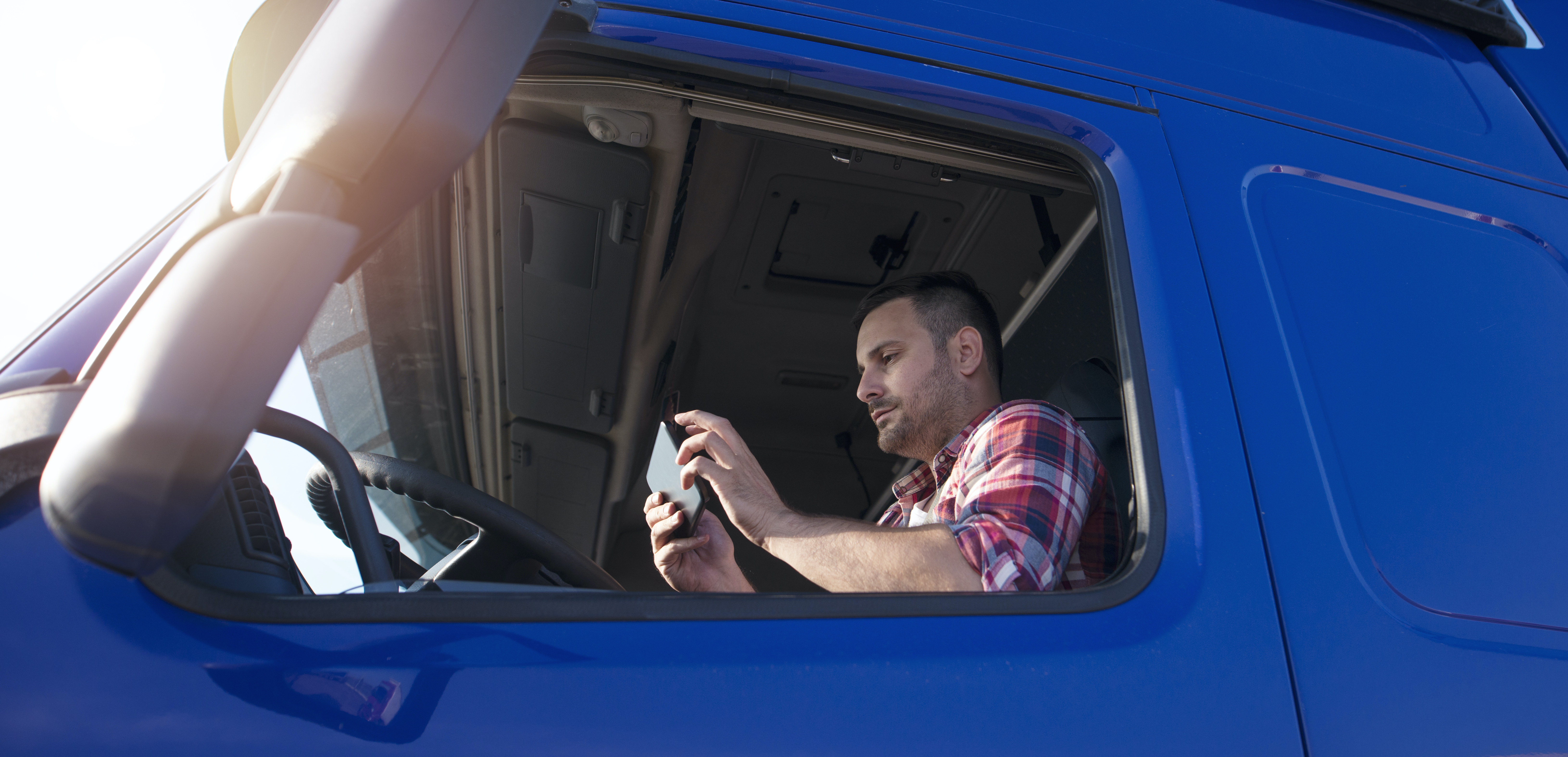All About Idling and Why it Matters
Mar 17th, 2020 6 Min Read
What is idling and how does it impact your business?
There are many vehicle fleets out there that companies rely on to get their goals and tasks accomplished. Those fleets are also their main means of making money. However, there is one issue related to vehicles that must be addressed, vehicle idling. Indeed it is a real concern because it impacts a business’s financials directly, especially cost-profit analysis. There are also other aspects of idling that you will learn can be a detriment to your organization, let us start with the main dilemmas related to unnecessary idling.

What do you mean by idling?
Idling is the case when the engine of a vehicle is running although the vehicle is not moving. This is usually encountered at traffic jams or when dropping off passengers or loading and unloading goods. Does it have any impacts on businesses? Of course, in fact, it also affects human health and the environment.
3 consequences of idling:
- Idling costs capital, and a lot of it, from excess fuel consumption. A medium-size truck wastes about 0.4 to 0.6 gallons of fuel in one hour of just idling.
- Exhaust emission remains high even when idling. The harmful gases (carbon dioxide, carbon monoxide, nitrogen dioxide, etc.) released can have a major negative impact on human health. It has been linked to causing asthma and other lung diseases.
- These gases also cause air pollution, which exacerbates climate change and other environmental issues.
What does idling do to a car?
To start, idling your car is bad for the engine. Some parts of your vehicle will wear out quicker when your vehicle is idling and you will end up paying too much for the repair and maintenance of your vehicle. Idling may also shorten your vehicle’s life.
Why is idling bad for the environment?
Emission of harmful gases (as mentioned above) during idling are responsible for increasing smog, air pollution, and even climate change. These outcomes of idling will have reflections on human health as well. You can reduce unnecessary idling in various ways such as raising awareness, educating your staff and using technology.
A really effective way is to use a tracking tool that plugs into the vehicle, records idling and reports it back to the office so that these act as automatic monitors and can be used for corrective actions suggested to the drivers. These tools will enable you to manage your vehicle fleet effectively so that idling will no longer be a problem for your business and you can be rewarded with the following benefits:
- Cutting fuel costs and other costs like maintenance and repair
- Protecting your driver’s and other people’s health
- Decreasing environmental issues and acting in an eco-friendly manner
As you can see, utilizing the right tools to plan and optimize your fleet’s routes will prevent idling from being a burden on your budget. By keeping tabs on potentially wasteful habits within your company, you can gain insight and save thousands of dollars annually. It’s never too early to start planning ahead.
DispatchTrack is a leading provider of SaaS solutions that enable end-to-end optimization of operations and customer experiences in last-mile delivery. The company’s platform includes modular tools for self-scheduling, route optimization, customer communication, real-time tracking and ETA, proof of delivery, and delivery network intelligence and analytics. With customers across North America, Europe, South America, and Asia, DispatchTrack is used by thousands of businesses of all sizes, and many multi-billion-dollar enterprises across a wide range of industries including furniture, appliances, building supplies, food, and beverage. More than 60 million scheduled delivery experiences are powered by DispatchTrack each year. For more information, visit www.dispatchtrack.com
Keep Reading: Solving the last mile delivery challenge →
